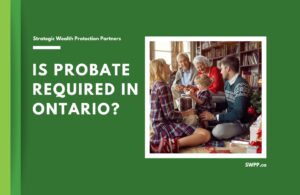
Is Probate Required in Ontario?
Is probate required in Ontario? Whether probate is required depends on the type, value, and ownership of the assets in the deceased’s estate.

Is probate required in Ontario? Whether probate is required depends on the type, value, and ownership of the assets in the deceased’s estate.
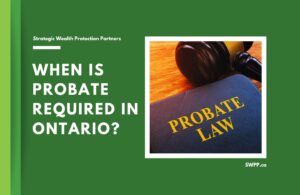
Probate is required in Ontario when a financial institution, land registry office, or other authority needs legal proof that a will is valid and that the executor has the right to act on behalf of the estate.
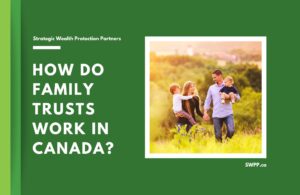
How do family trusts work in Canada? A family trust is a legal structure that lets you move assets such as investments, businesses, or real estate into a separate “container” that you control for the benefit of your family.

Canada doesn’t have an estate tax or inheritance tax. But that doesn’t mean your estate avoids tax. When you pass away, the Canada Revenue Agency (CRA) treats all your assets as if you sold them at fair market value on the day you died. This is called a deemed disposition, and it’s what creates most of the tax owing.
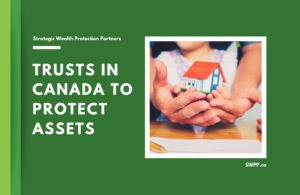
In Canada, a trust is a legal arrangement where one person (the trustee) manages assets on behalf of someone else (the beneficiary). The person who sets up the trust is called the settlor. When structured and maintained properly, a trust may help reduce exposure to risks such as divorce, family disputes, legal claims, and creditors.
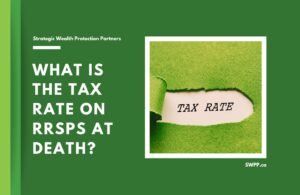
How much tax will my estate or beneficiaries pay on my RRSP when I die?
Your RRSP value is fully taxable in the year of death unless transferred to a spouse or dependent. For large RRSPs, this can push total income into the highest tax bracket, instantly wiping out nearly half the account value.
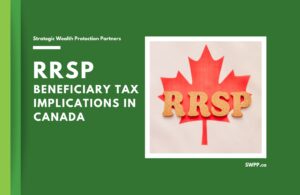
When you pass away, your RRSP is treated as if you cashed it out the day before your death. This is called a deemed disposition. The full fair market value of your RRSP is added to your final income tax return, which can create a big tax bill.
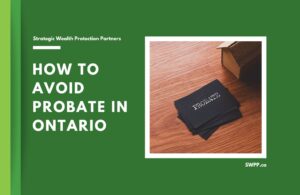
If you’re searching how to avoid probate in Ontario, you’ve probably been told that you need to get a trust. But this isn’t the best option for every situation. In fact, trusts are just one of a few strategies that you can use to avoid probate.
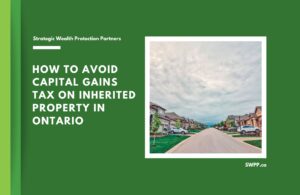
A capital gain happens when you sell or are deemed to have sold a property or investment for more than you paid for it.

Does a spouse automatically inherit everything in Ontario? In Ontario, a spouse does not automatically inherit everything if their partner dies without a will.